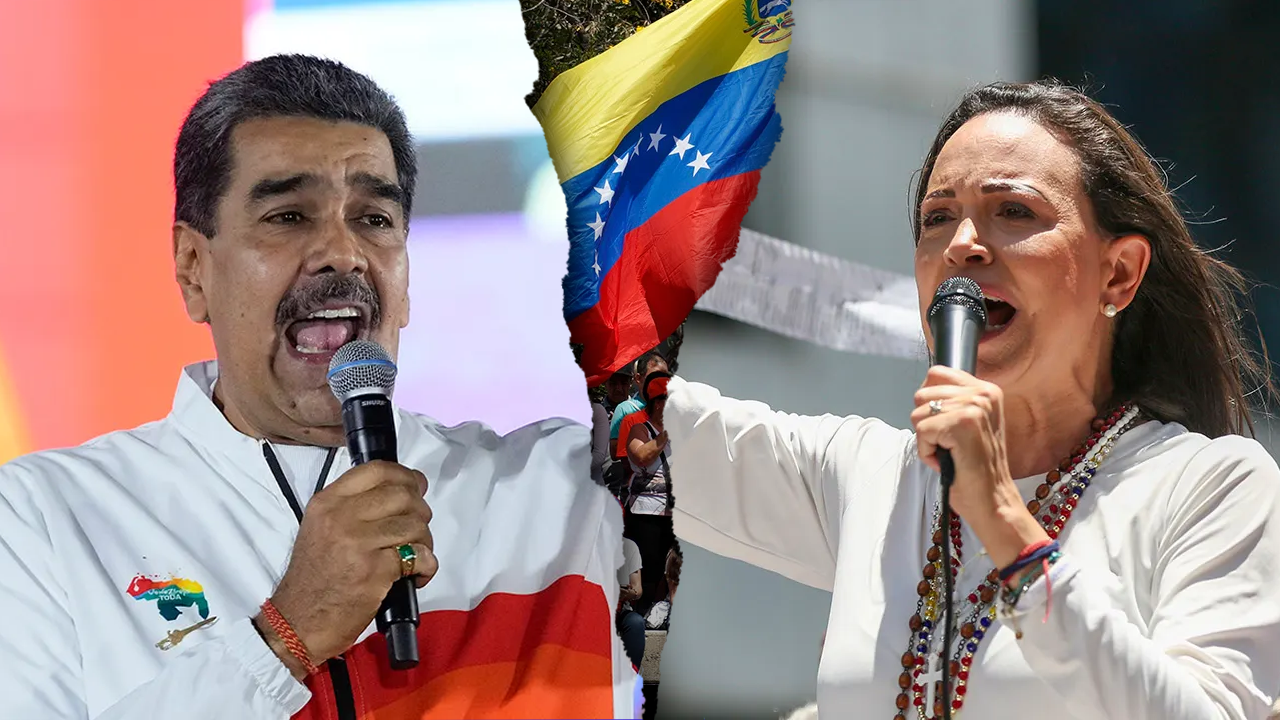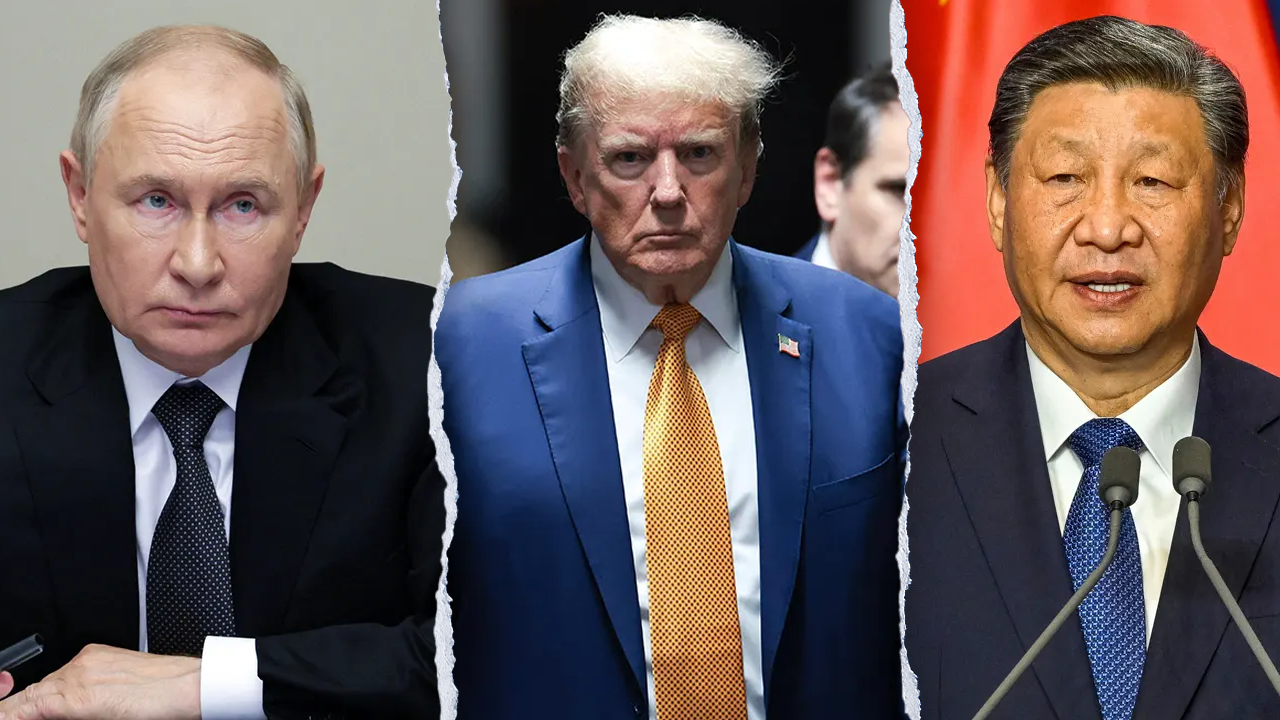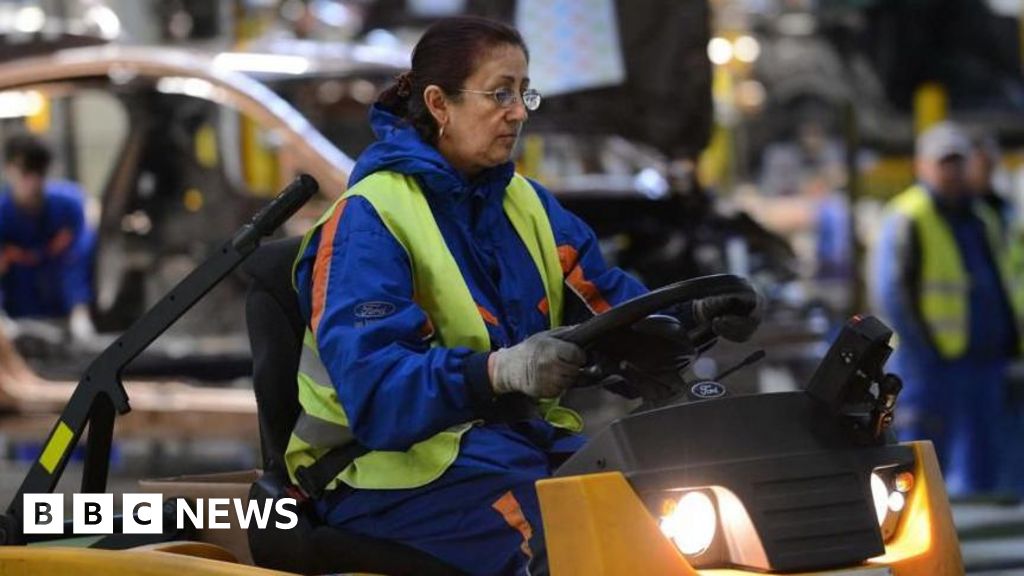World
India doesn’t believe US behind Bangladesh events, ‘preposterous’ charge: Sullivan

Washington: US national security advisor Jake Sullivan has called perceptions and allegations of American role behind the street protests and regime change in Bangladesh as “preposterous” and claimed that senior Indian officials don’t believe that the US was behind events in Dhaka either.
Acknowledging the aftermath of the allegations implicating an Indian government official in an assassination plot of an American citizen as a “bump” in the relationship, Sullivan said that India recently briefed the US on the work of the enquiry committee set up on the issue, and the work of seeking “full accounting and accountability” will continue till the end of the Joe Biden administration on January 20 and even beyond that. But, he added, the manner in which the two countries had managed the issue reflected the “maturity and depth of the bilateral relationship”.
Speaking to a select group of reporters in the Roosevelt Room of the White House on Friday morning eastern time, Sullivan spoke about the US-India relationship as a highlight of the Biden administration’s legacy, with a “step change” in the trust that both shared and the strategic investment that they had made in each other. Amid concerns that the incoming Donald Trump administration will focus on onshoring rather than friendshoring, affecting the American investment and co-production efforts in India and the work under the initiative on critical and emerging technology (iCET), Sullivan said that he believed the intertwining of the “defence industrial base” of both countries was in American interest and the make in India and made in America were complementary.
HT asked Sullivan, who has just returned from a visit to New Delhi, whether the bilateral relationship under the administration had ended on a nasty note given the controversies around the indictments on the Gurpatwant Singh Pannun assassination plot and against industrialist Gautam Adani, the perception in India that the US was behind the power shift in Bangladesh, and the Bharatiya Janata Party’s allegations that the US “deep state” was trying to destabilise India, and how he would respond as someone who presided over what’s considered the “deep state”.
Sullivan said, “I will start by politely rejecting the notion that I preside over the deep state and also politely rejecting the notion that the United States was behind events in Bangladesh, which is preposterous. And I don’t believe, based on my conversations with senior Indian officials, that they believed that we were behind it.”
The NSA, instead, said that he believed that they were ending the relationship on a “high note” with India, both in the “content and tone of our private discussions and in terms of the public commitment on each side to the strength and health of the relationship”.
On the Pannun plot, when asked about the progress of the Indian investigation committee, whether the US was satisfied with the fact that Vikas Yadav — the junior Indian government official indicted in the case — was no longer a government employee and what was the level of accountability Washington was seeking, Sullivan said, “In terms of the question of the inquiry committee, they recently briefed the US side in terms of the progress that they are making. We are continuing to work with them and will until the 20th, but this will go beyond the 20th to ensure that there is both a full accounting of what happened and accountability for what happened. I won’t say more about that publicly because I think this is best handled in the way that we have handled it so far.” The Biden administration took an early decision to compartmentalise the issue from the rest of the relationship and deal with it discreetly at the highest levels of government.
When HT asked him whether he thought the Trump administration, given its protectionist and onshoring agenda, will continue the strong push by the Biden administration to American industry to invest in India in critical sectors including defence, Sullivan said, “What I see as profoundly in the American national interest is the closer knitting together of the defence industrial bases of the US and India. I will say my successor (Trump’s NSA pick, Michael Waltz) is one of the co-chairs of the India caucus, so I think he certainly sees the strategic value. But I am not sure what policies they will pursue in the realm of onshoring.”
Sullivan, however, reiterated a point he had made at a lecture at IIT-Delhi earlier this week. “What I would say, and I said this publicly in India, is that there is, in my view, no conflict between made in America and make in India. I actually think there is huge complementarity there where we can both actually benefit from more production in our respective countries if we are investing in one another. I am going to make that case vigorously to the new team and continue to make it vigorously publicly. But it’s an open question as to how they will choose to proceed on that.”
Sullivan, in response to another question, emphasised the progress in the ties and said, “The relationship really went from strength to strength to strength over four years and the number of things that we were able to do culminating with the significant step that we announced with respect to the removal of entities from the restricted list just goes to show you how far the relationship has traveled and how it’s not just a linear distance that it’s traveled, it’s a step change in the degree of trust and strategic investment in each other. That I think is a very good hand for us to be passing off to the next administration.”








